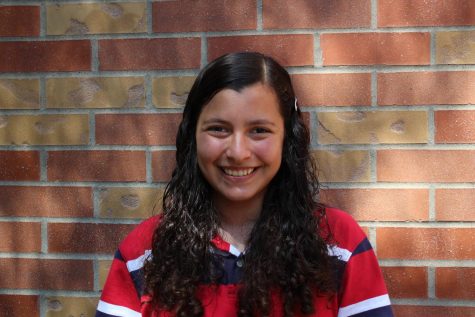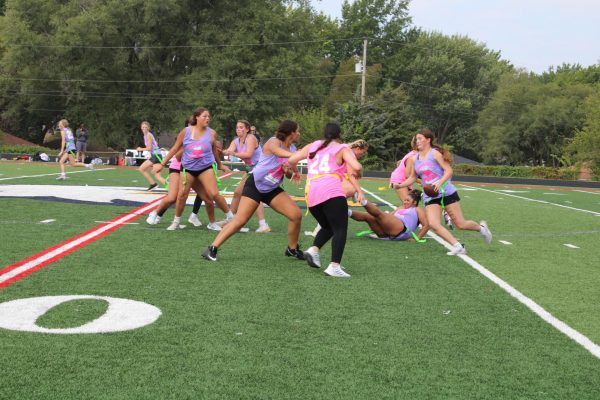The Dangers of “Cancel Culture”
April 22, 2019
If you are a Twitter connoisseur like I am, seeing trending hashtags like “#______isoverparty” is common. When a public figure does something quite unpopular and problematic, many people take the opportunity to bash them online. But is this public shaming being taken too far?
Cancel culture, also known as call-out culture, is defined by Wikipedia as “the phenomenon of ‘cancelling’ or no longer morally, financially, and/or digitally supporting people.” YouTubers, actors, singers, celebrities, and every type of person in the public eye has been subjected to criticism regarding the resurfacing of their past statements.
And it make sense. Calling out celebrities can help them become a more compassionate and understanding person. As explained by nonprofit organization Good Choices Good Life, “Until you accept responsibility for your actions or failures, it’ll be very difficult for you to develop self-respect or even have the respect of others.” Without consequences, people will not learn how to change. Calling out public figures when they make a mistake and giving them the opportunity to grow is one of the perks of cancel culture.
Should those in the public eye continue to be shunned from society when they have already apologized and changed their ways? Other than apologizing and making a change in their lives, what else do we expect celebrities to do? What else can they do?
An example of a celebrity affected by cancel culture is Shane Dawson. Dawson created his YouTube channel in 2008 and was once known for posting videos with dark humor for shock value. His content has transitioned over time, and he no longer makes problematic jokes in his content. However, videos clipping Dawson’s jokes out of context have resurfaced recently. In January 2018, Dawson was accused of pedophilia due to a joke he made in old podcast, Shane and Friends. He posted a response to the allegations on his Twitter account.
“I grew up. I changed my content. I apologized countless times for my s***** offensive jokes. Instead of dragging me down people should use me as an example of a creator who can CHANGE and better themselves and their content. I’m so proud of who I am today,” says Dawson.
Once something has been posted online, it stays there forever. Many teens create social media accounts at the age of 13 or younger, and this can become an issue when they enter adulthood and try to enter the workforce. Should people be forever ostracized just for one stupid mistake they made years earlier?
Twitter influencer Kelvin Peña, better known as “Brother Nature,” has been on Twitter since May 2011. The twenty-year-old animal activist was thirteen when his account was created. A post he tweeted in 2012 resurfaced in October 2018, in which he praised Adolf Hitler. The animal lover immediately came out and apologized to his fans on Twitter for the things he said when he was just twelve-years-old. “I am sorry to all of the people I have offended and let down,” says Peña. “Everyone changes, everyone learns, and everyone makes mistakes.”
The difference between Dawson and Peña’s stories is that Dawson was already in the public eye when he made the shocking statements that now haunt his career. Peña was only twelve when he made this mistake, and he was not even close to emerging into the public eye yet.
This could happen to anyone, especially teenagers in the 21st century. Imagine applying for a job at twenty-two years old only to get rejected because of something you posted on Twitter or Instagram when you were thirteen? Or what if someone from school finds an embarrassing or offensive video you posted on YouTube when you were fourteen? Celebrities are able to handle the pressure of controversy, but the average teenager or adult may not be able to handle it that well.
The downside of growing up in the digital age is that our awkward and embarrassing pasts are preserved on the Internet forever, and we could suffer consequences for them in the future. We are all bound to post something and regret it later, and the only healthy way to get through this phenomenon is to be more understanding when people make a mistake, including ourselves.




